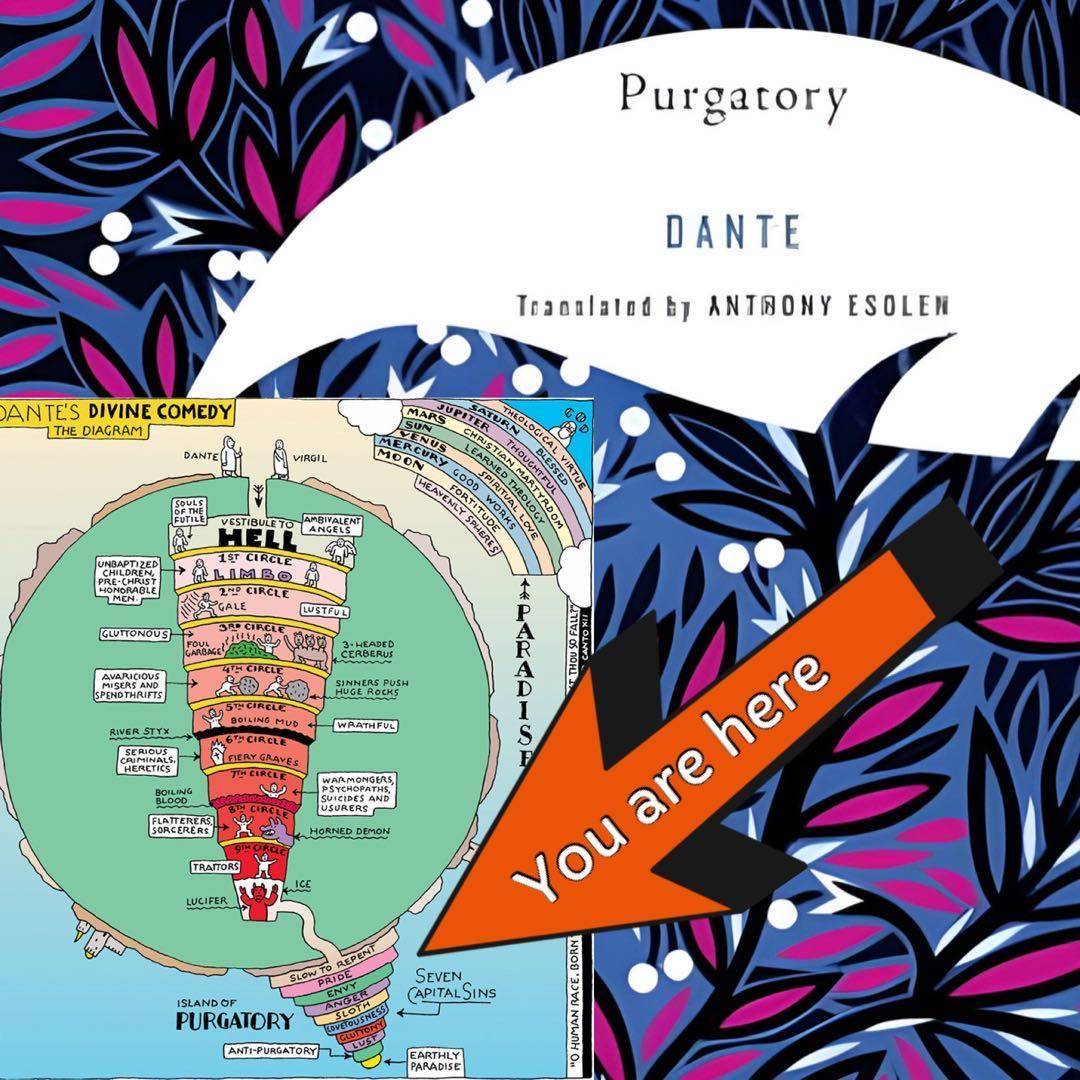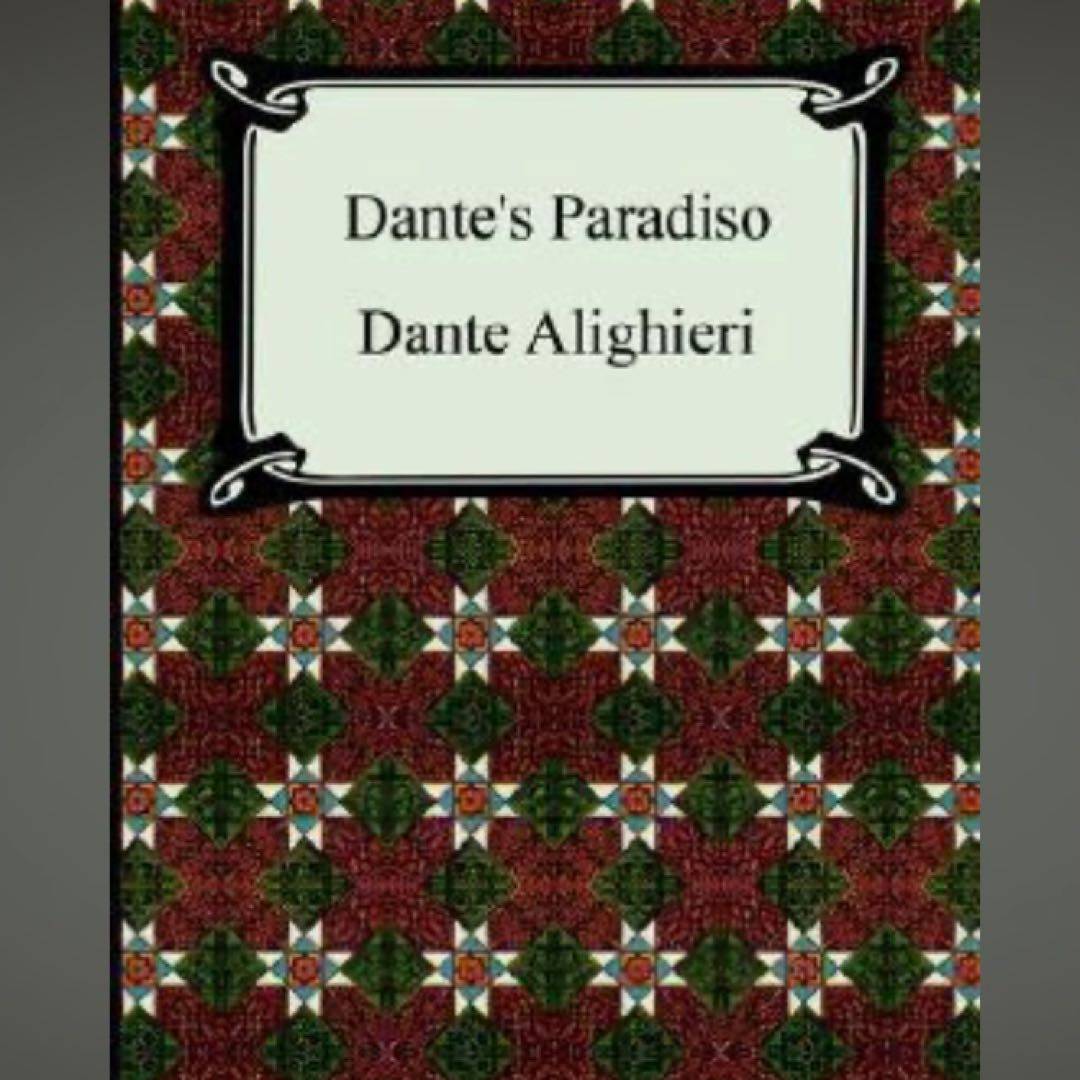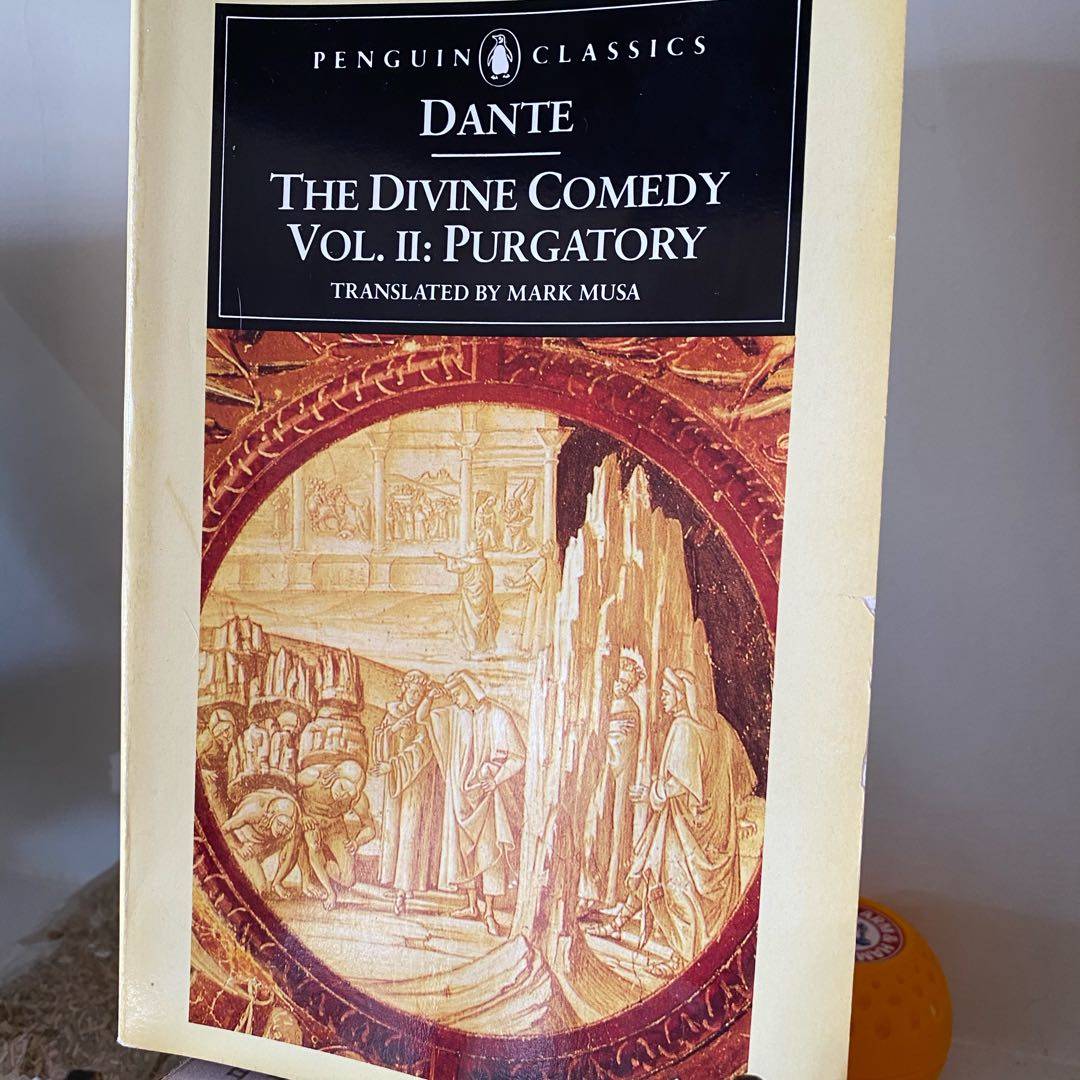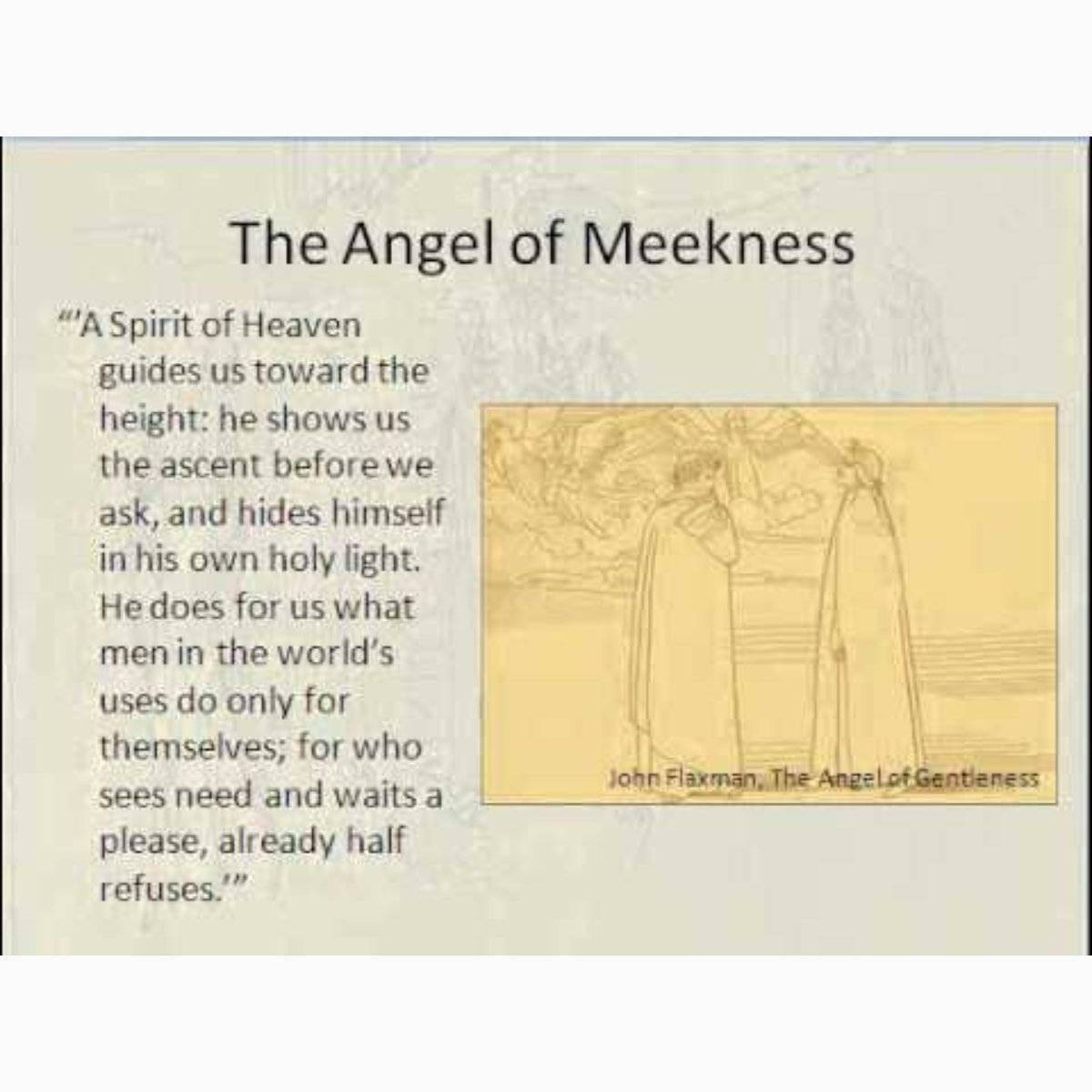
Dante Alighieri, the Italian poet, takes us on a celestial tour in "Paradiso," the final chapter of his epic "Divine Comedy." ⬇️

Dante Alighieri, the Italian poet, takes us on a celestial tour in "Paradiso," the final chapter of his epic "Divine Comedy." ⬇️

• 544 pages • first pub 1472 • fiction • classics • poetry • challenging • reflective • slow-paced • 5 Stars
We know what happens in Hell.. But what about Purgatory Dante's Inferno revealed some titillating details about the punishments inflicted on sinners - but in a way, we already knew what happens to people in Hell. ⬇️
The power that perceives the course of time
is not the power that captures all the mind;
the former has no force — the latter binds.
Purgatorio Canto IV (1-12)
La trama è davvero molto bella, ti prende molto. devo ammettere che però mi aspettavo molto di più. a parer mio c‘erano troppe descrizioni, tal volta anche davvero lunghe che mi facevano perdere il filo della lettura. nonostante ciò, come detto inizialmente, la trama è molto bella, ricca di suspence e di episodi inaspettati.

Four great events surrounding recent NYRB Classics next week. Half of these are free. I signed up for 3, but am honestly interested in all of them:
https://www.ptreyesbooks.com/event/nathaniel-rich-and-chris-jennings
https://www.eventbrite.co.uk/e/dm-black-robert-chandler-and-giovanna-di-ceglie-o...

My Dante odyssey is at an end. A strategy to studying was hard to find. A break between the Purgatorio and Paradiso lit classes would have helped. When I found the Longfellow translation on YouTube, I discovered the poetry of this canticle. For class, I read the Musa translation with its footnotes and then followed up by listening to the Longfellow translation. Longfellow's 1860's translation should not be discounted for modern readers.

Dante continues to obsess on repulsion over Pope Boniface VIII. My takeaway is Boniface was to his era what Trump is to ours. Telescoping back 700 years it all seems a bit humorous. Seriously though, Purgatorio offers beautiful glimmers of life, material life and spiritual life. Onwards (upwards?) to Paradise next week!
#classics

Midway through Puragtorio, therefore midway through The Divine Comedy
I see why this poem has lasted through the years, there's a lot here to unpack. So far, it keeps getting better as it goes along.
Picture is from the web.
Quote is from Canto XVII.
#dante

“Having left the Inferno behind, Dante announces his intention to sing of the second kingdom, Purgatory, and calls upon the Muses, in particular Calliope, to accompany his song. #FirstLineFridays